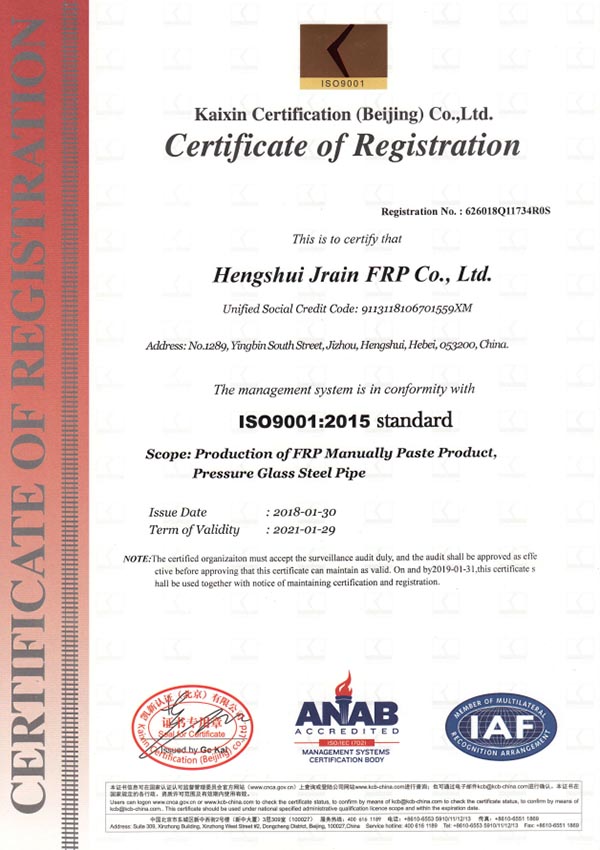
-
 Afrikaans
Afrikaans -
 Albanian
Albanian -
 Amharic
Amharic -
 Arabic
Arabic -
 Armenian
Armenian -
 Azerbaijani
Azerbaijani -
 Basque
Basque -
 Belarusian
Belarusian -
 Bengali
Bengali -
 Bosnian
Bosnian -
 Bulgarian
Bulgarian -
 Catalan
Catalan -
 Cebuano
Cebuano -
 China
China -
 China (Taiwan)
China (Taiwan) -
 Corsican
Corsican -
 Croatian
Croatian -
 Czech
Czech -
 Danish
Danish -
 Dutch
Dutch -
 English
English -
 Esperanto
Esperanto -
 Estonian
Estonian -
 Finnish
Finnish -
 French
French -
 Frisian
Frisian -
 Galician
Galician -
 Georgian
Georgian -
 German
German -
 Greek
Greek -
 Gujarati
Gujarati -
 Haitian Creole
Haitian Creole -
 hausa
hausa -
 hawaiian
hawaiian -
 Hebrew
Hebrew -
 Hindi
Hindi -
 Miao
Miao -
 Hungarian
Hungarian -
 Icelandic
Icelandic -
 igbo
igbo -
 Indonesian
Indonesian -
 irish
irish -
 Italian
Italian -
 Japanese
Japanese -
 Javanese
Javanese -
 Kannada
Kannada -
 kazakh
kazakh -
 Khmer
Khmer -
 Rwandese
Rwandese -
 Korean
Korean -
 Kurdish
Kurdish -
 Kyrgyz
Kyrgyz -
 Lao
Lao -
 Latin
Latin -
 Latvian
Latvian -
 Lithuanian
Lithuanian -
 Luxembourgish
Luxembourgish -
 Macedonian
Macedonian -
 Malgashi
Malgashi -
 Malay
Malay -
 Malayalam
Malayalam -
 Maltese
Maltese -
 Maori
Maori -
 Marathi
Marathi -
 Mongolian
Mongolian -
 Myanmar
Myanmar -
 Nepali
Nepali -
 Norwegian
Norwegian -
 Norwegian
Norwegian -
 Occitan
Occitan -
 Pashto
Pashto -
 Persian
Persian -
 Polish
Polish -
 Portuguese
Portuguese -
 Punjabi
Punjabi -
 Romanian
Romanian -
 Russian
Russian -
 Samoan
Samoan -
 Scottish Gaelic
Scottish Gaelic -
 Serbian
Serbian -
 Sesotho
Sesotho -
 Shona
Shona -
 Sindhi
Sindhi -
 Sinhala
Sinhala -
 Slovak
Slovak -
 Slovenian
Slovenian -
 Somali
Somali -
 Spanish
Spanish -
 Sundanese
Sundanese -
 Swahili
Swahili -
 Swedish
Swedish -
 Tagalog
Tagalog -
 Tajik
Tajik -
 Tamil
Tamil -
 Tatar
Tatar -
 Telugu
Telugu -
 Thai
Thai -
 Turkish
Turkish -
 Turkmen
Turkmen -
 Ukrainian
Ukrainian -
 Urdu
Urdu -
 Uighur
Uighur -
 Uzbek
Uzbek -
 Vietnamese
Vietnamese -
 Welsh
Welsh -
 Bantu
Bantu -
 Yiddish
Yiddish -
 Yoruba
Yoruba -
 Zulu
Zulu
Benefits of Using Fiberglass Fertilizer Tanks for Agricultural Storage Solutions
Fiberglass Fertilizer Tanks A Modern Solution for Agricultural Needs
In the ever-evolving world of agriculture, the choice of materials for storage and transport of fertilizers can significantly impact farm efficiency and sustainability. Among the various options available, fiberglass fertilizer tanks have emerged as a revolutionary solution for modern agricultural practices. These tanks offer numerous advantages due to their unique composition and design, making them an ideal choice for farmers, horticulturists, and agricultural businesses alike.
What Are Fiberglass Fertilizer Tanks?
Fiberglass fertilizer tanks are storage units made from a composite material that consists of glass fibers embedded in a resin. This combination results in a lightweight yet incredibly strong and durable product that can withstand harsh environmental conditions. The tanks can be manufactured in various sizes and shapes to cater to different storage needs, from small operations to large-scale agricultural enterprises.
Benefits of Fiberglass Fertilizer Tanks
1. Durability and Longevity One of the key advantages of fiberglass tanks is their unparalleled durability. Unlike traditional materials such as metal or plastic, fiberglass does not corrode, rust, or degrade over time. This is particularly important in agricultural settings where exposure to chemicals, UV rays, and varying weather conditions can lead to material failure. Farmers can rely on fiberglass tanks to last for many years, reducing replacement costs and minimizing disruptions in their operations.
2. Chemical Resistance Fertilizers can be highly corrosive, and many materials cannot withstand prolonged exposure. Fiberglass tanks are engineered to resist a wide range of chemicals, making them safe for storing different types of fertilizers, including liquid, granular, and organic formulations. This capability ensures that the storage containers do not compromise the quality or efficacy of the fertilizers, thereby supporting optimal plant growth.
fiberglass fertilizer tanks

3. Lightweight and Easy to Handle The lightweight nature of fiberglass Bfertilizer tanks makes them easier to transport, install, and maintain compared to their metal counterparts. This can be particularly beneficial for farmers who often need to move or reposition their tanks based on seasonal requirements or operational changes.
4. Environmental Friendliness As the agricultural sector increasingly shifts towards sustainable practices, fiberglass tanks align with these goals. They can be produced with environmentally friendly processes and materials. Additionally, their longevity and durability contribute to reduced waste, as there is less frequent need for replacement. Furthermore, many fiberglass tanks are recyclable, further enhancing their eco-friendliness.
5. Customizability Fiberglass tanks can be tailored to meet specific agricultural needs. Farmers can choose from different sizes, shapes, and configurations, allowing for optimal use of space and resources. This customizability extends to the tank's design features, such as access ports, fittings, and additional reinforcements, ensuring that each tank can serve its intended purpose effectively.
6. Cost-Effectiveness While the initial investment for fiberglass tanks may be higher than some traditional materials, the long-term savings and benefits far outweigh the upfront costs. The durability and low maintenance requirements lead to cost savings over time, making fiberglass tanks a sound investment for agricultural operations.
Conclusion
In conclusion, fiberglass fertilizer tanks represent a significant advancement in agricultural storage solutions. Their durability, chemical resistance, lightweight nature, environmental benefits, customizability, and overall cost-effectiveness make them an attractive option for farmers and agricultural businesses. As the industry continues to evolve, embracing modern technologies and materials will be essential for meeting the demands of sustainable agriculture and ensuring food security for a growing global population. By investing in fiberglass fertilizer tanks, farmers can enhance their operational efficiency and contribute to a more sustainable agricultural future.









